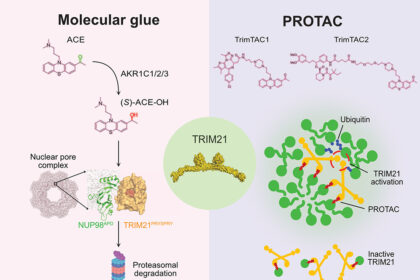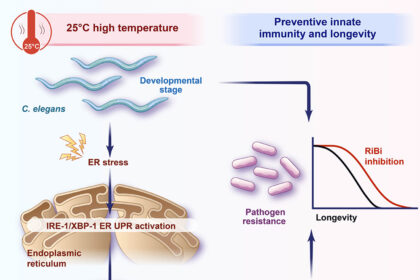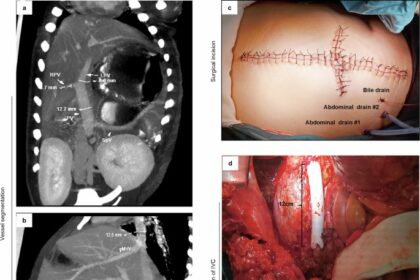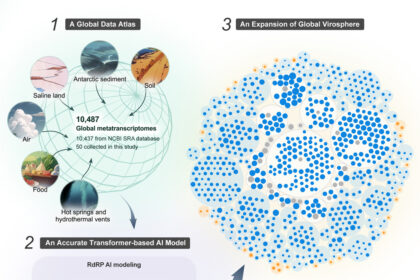A recent study sheds new light on the science of aging, highlighting the potential of metabolomics in understanding biological aging processes. In the article titled “Decoding Aging Clocks: New Insights from Metabolomics“, researchers from various prestigious institutions, including Shanghai Jiao Tong University, the University of Basel, and the National University of Singapore, explore how metabolomic profiling can be used to track biological age.
Chronological age, although a significant indicator of disease and disability risk, often fails to account for the biological disparities observed in individuals of the same age. This discrepancy has prompted the development of “aging clocks”—advanced estimators based on omics data and machine learning techniques. These clocks offer a molecular-level interpretation of aging, providing more personalized risk assessments.
Metabolomics, the study of small molecules in the body, is positioned as a powerful tool in this arena.
By examining metabolites, researchers can gain insights into the intricate interaction between genetics and the environment that influences aging.
This approach not only promises a deeper understanding of aging mechanisms but also opens doors to innovative solutions for longevity and age-related diseases.
The review highlights key developments in metabolomic aging clocks, their strengths and challenges, and their potential applications in aging research. While the field is still evolving, the findings provide a roadmap for future breakthroughs in aging biomarker development and longevity interventions.
The research, led by Honghao Huang, Yifan Chen, Wei Xu, and collaborators, underscores the importance of expanding the scientific toolkit for aging research. Their work aims to pave the way for more effective longevity therapies, ultimately changing the landscape of aging and healthcare.
As the field continues to grow, the integration of metabolomics with aging clocks holds immense promise for transforming how we understand and address the aging process, offering a glimpse into the future of personalized medicine and age-related health solutions.











